
Asperger Syndrome Facts
Aspergersyndrome, or Asperger's syndrome, is named after Hans Asperger, the pediatrician who discovered the disorder by diagnosing children in his practice who lacked nonverbal communication skills, were clumsy and showed very limited empathy with their peers. It is an autism spectrum disorder whose symptoms include difficulties in social interaction, along with repetitive and restrictive patterns of behavior. Unlike other disorders, patients suffering from Asperger's retain linguistic and cognitive development, but physical clumsiness and atypical language use are often reported. Although it was standardized in 1994, there is still debate about whether it differs significantly from high-functioning autism (HFA), and there have been propositions to remove the diagnosis of Asperger’s and replace it with a autism spectrum disorder on a severity scale. It is estimated that 20 out of 10,000 births result in a child born with Asperger syndrome, and there are signs that the appearance of Asperger's can be genetic, most likely being passed down through the father’s line.
Cause, Symptoms and Treatment
Though the cause of Asperger is unknown, research suggests the likelihood of a genetic basis, but no clear common pathology has been identified. There is no single treatment, and any intervention is targeted at improving symptoms and function, such as behavioral therapy. Frequently used methods of therapy include role playing and rehearsal for various types of social events. Medication is sometimes used to cure elements of Asperger’s such as depression. Most individuals get better over time, but some symptoms such as obsessive routines or clumsiness can continue intoadulthood. Some have suggested that the condition is a difference, not a treatable disability.
Apparent differences in brain regions between Asperger patients and normal individuals seem to imply that MRI’s can be used to test if someone has Asperger’s syndrome in the future. Presently, teacher and councilors can recommend observation if a child is exhibiting symptoms of Asperger’s, but because of the scale of its symptoms it is frequently difficult to differentiate Asperger’s syndrome from other conditions such as Attention Deficit Disorder.
Socialawkwardness, limited interest, repetitive behavior and depression are all symptoms of Asperger syndrome. Another frequent symptom is odd word choice and difficulty in differentiating literal and figurative word use. Symptoms also include problems in social situations, including inappropriate expressions and a lack of the ability to read body language. Focusing intensely on one or two topics of interest such as math can be indicative of Asperger’s.








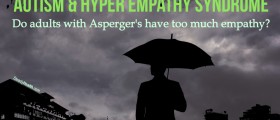
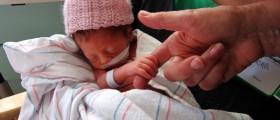

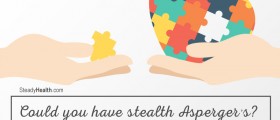
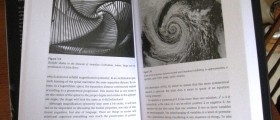



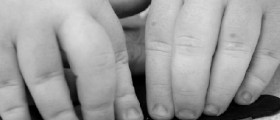
Your thoughts on this
Loading...